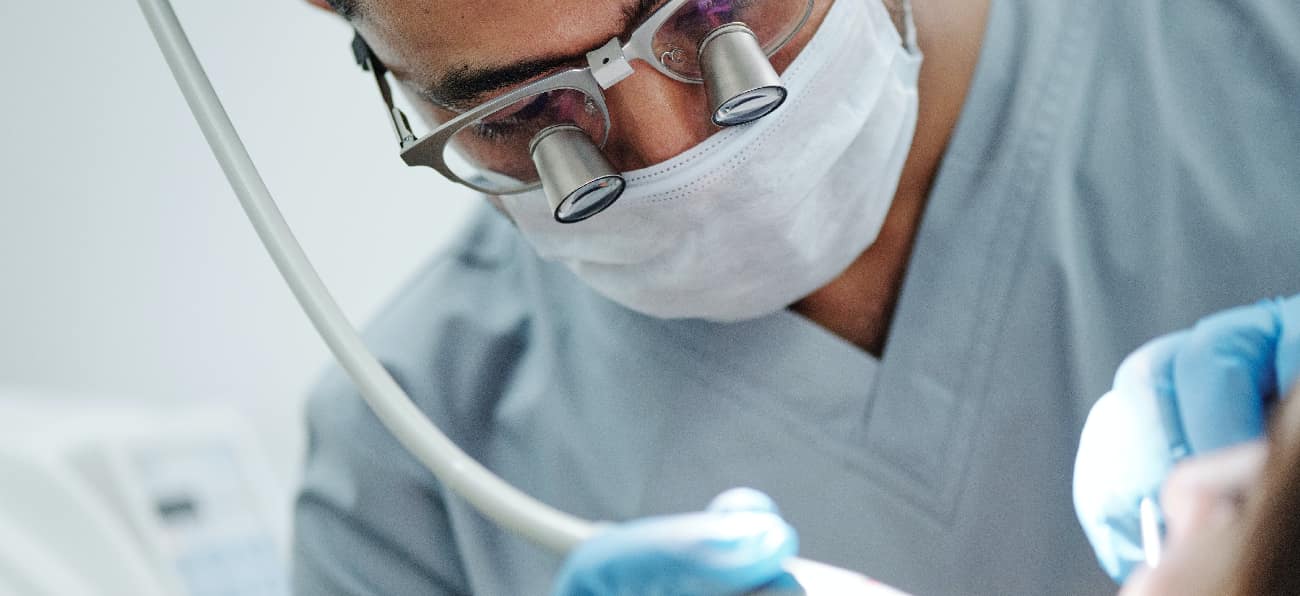Meth mouth – a term that sounds like it could be the title of a punk rock song, but is, in reality, a harsh and painful consequence of methamphetamine abuse. It’s not just a dental dilemma; it’s a billboard advertising a deeper, more troubling issue. But let’s not get ahead of ourselves. First, let’s dive into the nitty-gritty of what meth mouth is and whether its effects are a life sentence or just a temporary setback.
The Grimace of Meth Mouth
Meth mouth is characterized by severe tooth decay, gum disease, and tooth loss. It’s like Halloween came early for your teeth, except it’s not nearly as fun, and there are no treats involved. The causes are multifaceted – a perfect storm of chemical, behavioral, and lifestyle factors. Methamphetamine is acidic, which is about as good for your teeth as a diet of lemons and vinegar. It dries out the mouth, depriving your chompers of saliva, nature’s own toothpaste. On top of that, meth users often have a penchant for sugary drinks and a disdain for dental hygiene, creating a playground for tooth decay.
Now, the million-dollar question: is it permanent? Well, it depends. The damage can be extensive, but with early intervention, a lot of it can be managed, if not entirely reversed. The key is to tackle both the addiction and its dental aftermath.
Questions About Meth Mouth?
It is always best to consult a dental professional about dental issues, but here are some common questions about meth mouth and what you might expect to hear from your dentist.
1. Q: What exactly is ‘meth mouth’?
A: Meth mouth is a severe dental condition commonly seen in individuals who use methamphetamine. It’s characterized by rapid decay and loss of teeth, gum disease, and often, a dry mouth. The condition arises due to a combination of the drug’s acidic nature, reduced saliva flow, poor oral hygiene, and cravings for sugary foods and drinks. The result is extensive tooth decay, often leading to tooth loss.
2. Q: Can meth mouth be treated, or is the damage permanent?
A: Treatment for meth mouth depends on the severity of the condition. In early stages, it’s possible to treat and manage the decay and gum disease. This involves professional dental care and improved oral hygiene. In more advanced cases, treatment might involve extractions, dentures, or other dental prosthetics. Of course successful treatment also requires addressing the underlying meth addiction.
3. Q: What are the first signs of meth mouth?
A: Early signs include dry mouth, bad breath, and teeth that start to look stained or discolored. You might also notice your teeth becoming more sensitive or developing cavities more frequently. If you see these signs, it’s essential to seek dental care immediately and consider whether substance abuse treatment is needed.
4. Q: Are there ways to prevent meth mouth if one is using meth?
A: While the most effective prevention is to avoid meth use entirely, if one is using, certain steps can mitigate the risks. These include maintaining good oral hygiene, drinking plenty of water to combat dry mouth, avoiding sugary foods and drinks, and seeking regular dental check-ups. However, it’s important to remember that these measures are only partially effective as long as meth use continues.
5. Q: After recovering from meth addiction, can you fix your dental issues?
A: Post-addiction, restoring oral health involves a comprehensive dental exam to assess the extent of the damage. Treatment plans can range from basic restorative work like fillings and crowns to more extensive procedures like root canals or extractions. For some, dentures or implants might be necessary. It’s also crucial to establish a rigorous oral hygiene routine and continue with regular dental checkups to prevent future problems.

The Meth Mouth’s Message: A Deeper Issue
If your teeth are sending you Morse code messages about meth use, it’s time to listen. Meth mouth isn’t just a dental issue; it’s a sign about an underlying addiction to methamphetamine. It’s like your body’s built-in intervention.
Recognizing addiction isn’t always as straightforward as spotting a decayed tooth. However, some signs are hard to ignore – drastic weight loss, behavioral changes, financial problems, and a newfound interest in activities that aren’t exactly family-friendly.
Meth Detox
Detoxification is the first step in treating meth addiction, and it’s about as pleasant as it sounds. Withdrawal symptoms can range from fatigue, depression, and anxiety to severe cravings. It’s a rough ride, but it’s the road to recovery. And at a professional detox center like Saddleback Recovery, these withdrawals are monitored, and some are mitigated with clinical care. It’s a controlled environment where the focus is on comfort and healing, not just surviving.
Beyond Detox
Dentists familiar with meth mouth can work wonders, restoring smiles and, in many cases, reversing a lot of the damage. It’s a physical and symbolic renewal – a sign that you’re taking control of your life and health. While the physical damage can often be treated, the real victory lies in overcoming the addiction itself. Detox is the starting line, therapy and rehabilitation the marathon, and a healthy, happy smile the finish line.
Remember, it’s not just about saving your teeth; it’s about saving yourself.
So, if you or someone you know is dealing with meth mouth or meth addiction, reach out. Help is available, and recovery is possible. Call Saddleback Recovery today: (877) 843-5724.








